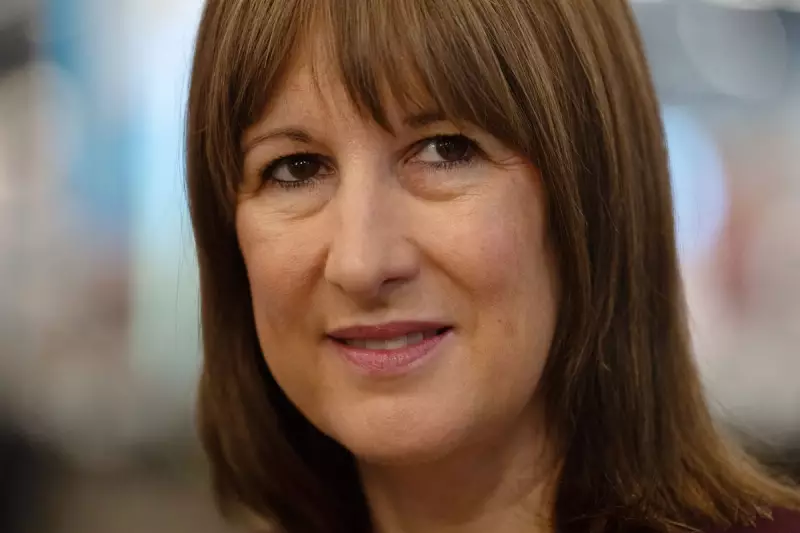
Chancellor Rachel Reeves has confirmed a significant pay rise for millions of low-paid workers, announcing an inflation-busting hike to the national minimum wage that has been met with immediate warnings from business leaders over potential job losses and damage to economic growth.
The New Minimum Wage Rates
The chancellor unveiled the new rates on the eve of her Budget announcement. The most substantial increase is for 18 to 20-year-olds, who will see their hourly rate jump by 8.5 per cent to £10.85. For those aged 21 and over, the National Living Wage will rise by 4.1 per cent to £12.71 per hour. Meanwhile, younger workers aged 16 and 17, and those on apprenticeships, will receive a 6 per cent increase, bringing their pay to £8 per hour.
Ms Reeves stated that the cost of living remains the "number one issue for working people" and promised the move would ensure those on low incomes are "properly rewarded" for their work. She claimed the rise would boost the pay packets of around 2.7 million workers, providing an annual increase of roughly £900 for those over 21.
Business Backlash and Economic Warnings
The announcement was swiftly condemned by industry bodies, who fear the added labour costs will stifle hiring and investment. The warning comes just a day after revelations that the Office for Budget Responsibility is set to downgrade the UK's growth projections until 2029.
Anna Leach, chief economist at the Institute of Directors, cautioned that the policy would increase joblessness, particularly among the young. "These changes benefit only those who remain employed," she said, highlighting that the "sharper increase in the youth rate is especially concerning". Her comments were underscored by latest figures showing the number of young people not in education, employment, or training (NEETs) has risen to almost one million.
Matthew Percival, CBI director of work and skills, echoed these concerns, stating that "hard-pressed firms" were already diverting investment away from innovation and job creation. He urged the government to ensure the measures do not "undermine both economic growth and vital labour market initiatives like the Youth Guarantee".
Mixed Reactions and Broader Context
While trade unions welcomed the move, small business and hospitality representatives voiced alarm. Tina McKenzie, policy chair of the Federation of Small Businesses (FSB), warned that with rising national insurance contributions and employment costs, "small employers are thinking twice about taking people on – and it's young people who’ll miss out".
Kate Nicholls, chair of UKHospitality, described the wage increases as "yet another cost for hospitality businesses to balance," calling for immediate action in the Budget to reduce the sector's tax burden.
In her defence, Chancellor Reeves pointed to her government's efforts to support commerce, citing new trade deals with the US, EU, and India, a cap on corporation tax, and business rates reform. She insisted the government is committed to economic stability to help interest rates fall further. The decision involved accepting the recommendations of the Low Pay Commission in full, whose chair, Baroness Philippa Stroud, stated their advice balanced government ambitions with the need to protect the economy.





